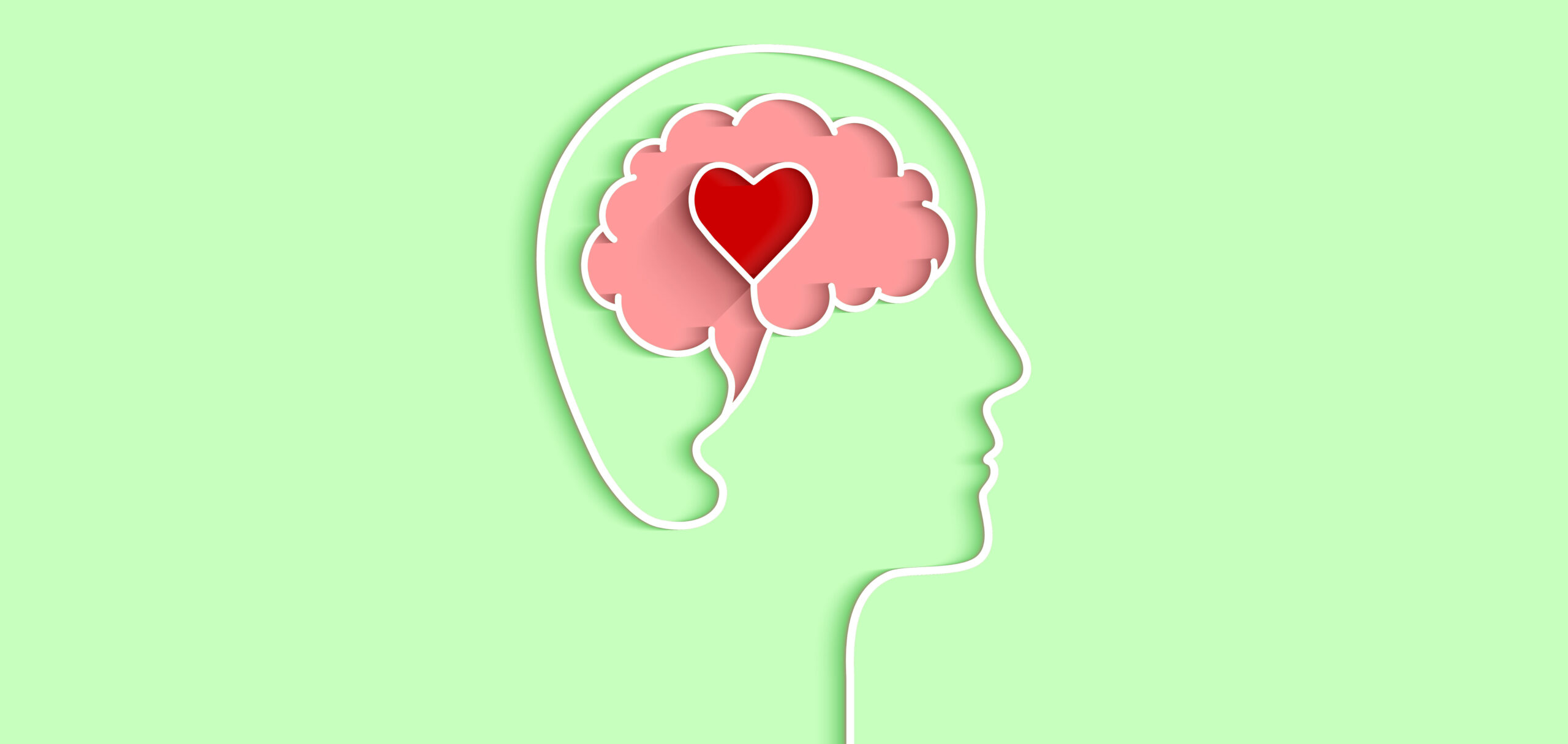The Importance of Accessible Mental Health Services in Your Area
The Importance of Accessible Mental Health Services in Your Area
Blog Article
Comprehensive Inpatient Mental Health Services for Effective Treatment
Inpatient psychological wellness services represent an important element of the health care system, offering a intensive and structured setting for people experiencing severe mental distress. These solutions utilize a multidisciplinary approach, incorporating different evidence-based therapies to address the complicated requirements of individuals. However, the performance of such extensive care prolongs past instant stablizing; it likewise incorporates the transition to outpatient assistance, a vital phase frequently ignored. Exploring the subtleties of this continuum exposes substantial effects for both private recovery and more comprehensive mental health and wellness results. What elements genuinely influence this transition, and exactly how can we improve its performance?
Understanding Inpatient Mental Health And Wellness Services
Inpatient mental wellness solutions provide important support for people experiencing extreme mental distress that can not be taken care of effectively in an outpatient setting. These services are designed to use an extensive degree of care in a structured setting, commonly within a healthcare facility or specialized facility. Clients admitted to inpatient programs usually display severe signs, such as suicidal ideation, severe clinical depression, or psychosis, necessitating round-the-clock tracking and intervention.
The admission procedure generally entails an extensive analysis by mental wellness professionals, who evaluate the person's mindset, history, and prompt needs. When confessed, clients participate in a range of therapeutic methods tailored to their particular requirements, including drug monitoring, private therapy, and team sessions. This holistic strategy aims to stabilize the client's problem, advertise safety and security, and foster coping skills.
Inpatient mental wellness services not only address instant health and wellness worries yet additionally work as a bridge to recurring treatment. By supplying a regulated environment, these services help with the growth of therapy plans that can be continued in outpatient settings, thus making certain a continuum of treatment and improving long-lasting results for individuals with complex mental health and wellness requirements.
Secret Components of Effective Treatment
Effective therapy in inpatient mental health solutions consists of several vital components that cultivate healing and stabilization. Primarily, a detailed analysis is important to determine the person's particular demands and difficulties. This evaluation informs the growth of a tailored treatment strategy, which serves as a roadmap for intervention.
One more crucial component is the multidisciplinary team technique. Cooperation among psychoanalysts, psycho therapists, registered nurses, and social employees guarantees that various viewpoints add to the individual's treatment, improving the effectiveness of treatment. Evidence-based restorative methods, such as cognitive-behavioral treatment (CBT) and dialectical behavior modification (DBT), are additionally integral, supplying organized strategies that resolve maladaptive thought patterns and behavior concerns.

Lastly, a concentrate on aftercare planning is crucial to make certain a seamless transition to outpatient solutions, minimizing the threat of regression and advertising long-lasting health. These collective elements create an effective therapy structure within inpatient mental wellness services.
Advantages of Comprehensive Care

Comprehensive care in inpatient mental health solutions supplies many advantages that considerably boost individual results. Among the key benefits is the all natural method to treatment, addressing not only the emotional signs yet likewise the physical, social, and psychological requirements of individuals. This complete analysis permits for tailored treatments that promote general wellness.
An additional benefit is the combination of multidisciplinary groups, which cultivates partnership amongst health care experts. This collaborative setting ensures that clients obtain worked with treatment, decreasing the threat of fragmented treatment and boosting interaction amongst caregivers. Detailed treatment assists in continuity of services, permitting for seamless shifts from inpatient to outpatient settings, which is essential for long-lasting recuperation.

Lastly, the organized atmosphere of detailed inpatient care supplies a risk-free area for people to participate in therapeutic activities, helping them create dealing techniques and resilience. Jointly, these benefits add to a lot more reliable therapy and enhanced high quality of life for people experiencing mental health and wellness crises.
Evidence-Based Therapeutic Strategies
In the world of mental wellness treatment, evidence-based restorative strategies play a crucial role in guaranteeing that clients get reliable and medically sustained interventions. These methods integrate the ideal readily available research study with professional experience and individual worths, cultivating a customized treatment experience that deals with individual requirements.
Cognitive Behavioral Therapy (CBT) is just one of the most widely identified evidence-based methods, focusing on identifying and transforming negative idea patterns and habits. This structured method has shown efficacy in dealing with problems such as depression, ptsd, and anxiety. Dialectical Habits Treatment (DBT) is particularly efficient for people with borderline individuality problem, highlighting the advancement of psychological regulation and interpersonal effectiveness abilities.
Additionally, medication management is often an essential element of evidence-based treatment, as psychotropic medications can minimize signs and boost total functioning. Joint care models, see this which include multidisciplinary groups, further improve the effectiveness of inpatient solutions by ensuring detailed examinations and constant monitoring.
Inevitably, the assimilation of evidence-based therapeutic approaches not just promotes favorable scientific end results but likewise empowers individuals, cultivating a sense of agency and strength in their mental health and wellness trips.
Transitioning to Outpatient Assistance
The transition from inpatient psychological wellness services to outpatient assistance marks a crucial phase in a patient's healing journey. This period needs cautious planning and coordination to make sure connection of treatment and to reduce the dangers of regression or dilemma. Efficient discharge preparation should begin early in the inpatient remain, including a multidisciplinary team that consists of psychoanalysts, psycho therapists, weblink registered nurses, and social employees.
Key components of a successful change consist of the growth of an extensive aftercare strategy tailored to the person's particular requirements. This plan ought to detail follow-up appointments, medication monitoring, and therapeutic interventions, along with recognize neighborhood resources and assistance groups that can facilitate recurring healing.
Moreover, patient and family education and learning is essential throughout this stage. Comprehending the indicators of prospective problems and the importance of sticking to therapy can encourage individuals and their assistance systems.
Normal follow-up and reassessment of the outpatient strategy are necessary to address progressing obstacles. By check here fostering a joint relationship in between outpatient and inpatient service providers, the possibility of sustained recovery rises, ultimately improving the client's quality of life and decreasing the threat of readmission.

Final Thought
In recap, thorough inpatient psychological health services use a necessary framework for resolving extreme emotional distress via a multidisciplinary approach. By integrating evidence-based treatments, fostering an organized setting, and advertising family members involvement, these services enhance treatment effectiveness. The emphasis on stability and the development of dealing skills not just help in prompt recovery but likewise facilitates a smoother shift to outpatient treatment. Inevitably, such comprehensive care is crucial for long-term psychological health and health.
The admission process usually involves a detailed evaluation by psychological wellness specialists, that review the person's mental state, background, and immediate requirements.Efficient therapy in inpatient psychological health solutions makes up several vital parts that foster recovery and stabilization.Detailed care in inpatient mental wellness services offers various advantages that considerably boost individual end results.The transition from inpatient mental health and wellness services to outpatient assistance notes an important stage in a client's recovery trip.In summary, extensive inpatient psychological wellness solutions provide an important framework for addressing severe emotional distress with a multidisciplinary strategy.
Report this page